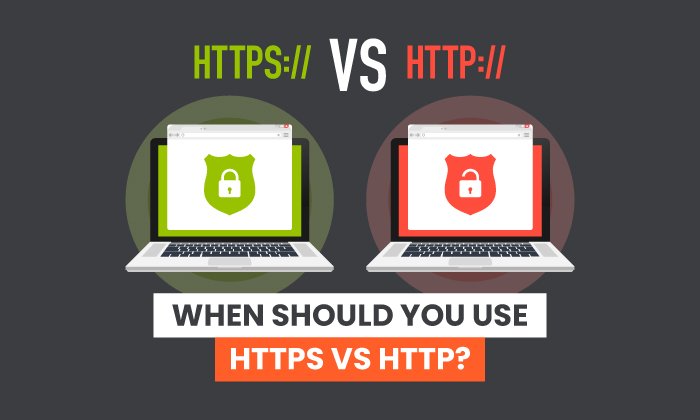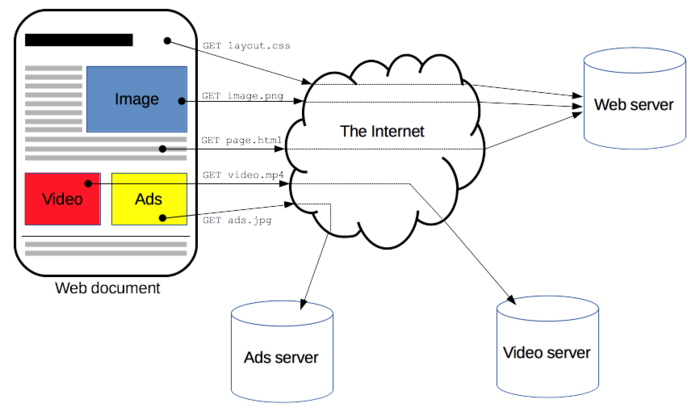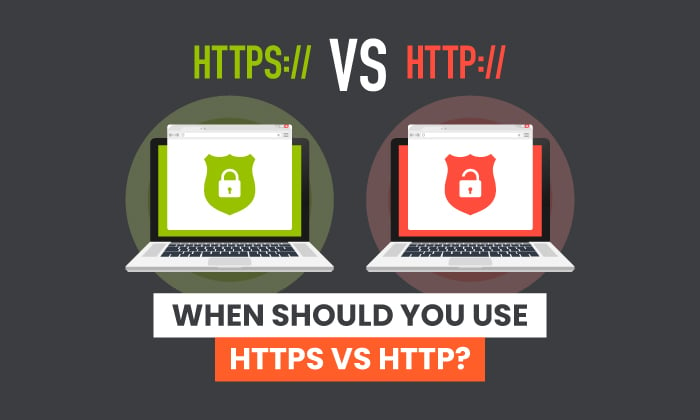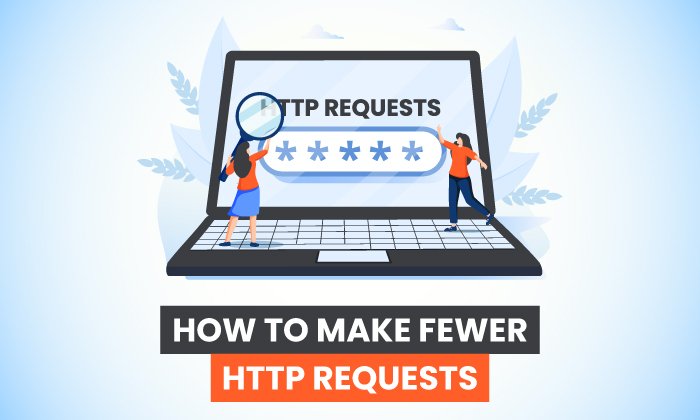When Should You Use HTTPs vs HTTP?

By Neil Patel
If you run a business website, you’ve probably heard you must make the switch from HTTP to HTTPS. But is there more of a difference than the extra “s?”
As a business owner, you know even the slightest difference in a product, marketing strategy, or anything else related to your business can make a big difference.
But will the switch to HTTPS have a significant impact on your website and business?
After all, some users won’t notice the difference.
Here, we’ll discuss the differences between HTTP and HTTPS and whether you should make the switch.
HTTPS vs. HTTP: What’s the Difference?
Both HTTP and HTTPS are protocols governing how information transmits over the internet. To understand the differences between HTTP and HTTPS, let’s look at each one individually and how it works.
What is HTTP?
HTTP is an acronym for Hypertext Transfer Protocol, an application layer protocol created by Tim Berners-Lee. The protocol provides standard communication rules between web servers and clients (browsers).
The most significant problem with HTTP is it uses hypertext structured text, so the data isn’t encrypted.
As a result, the data being transmitted between the two systems can be intercepted by cybercriminals.
For example, let’s say you visit a website that uses HTTP, and the website requires you to create credentials for logging in. Because the data shared between the servers and your browser isn’t encrypted, hackers can more easily intercept and decipher your credentials.
That’s why search engines like Google now display an open lock icon on web addresses using HTTP. They also show a message stating the website you’re about to visit is unsafe.
Another drawback to HTTP is it can only handle one request at a time.

A complete document is reconstructed from different sub-documents. Multiple requests are needed just to load one web page. Of course, this means load speed can be negatively impacted for large websites and pages.
What is HTTPS?
HTTPS is an advanced version of HTTP which implements an SSL or TLS to encrypt the information transmitted between a server and a client.
SSL is an acronym for secure sockets layer, while TLS stands for transport layer security. Both technologies create a secure encrypted connection between a web server and the web browser it communicates with.
The added layer of security makes Hyper Text Transfer Protocol Secure (HTTPS) the better alternative between the two protocols. This is especially true for websites handling sensitive data, like e-commerce websites or any other site requiring users to login using their credentials.
In short, HTTPS is a more secure version of HTTP.

This safety afforded by HTTPS ensures users’ information is secure in three layers:
- Encryption: This helps ensure a user’s activity can’t be tracked or their information be stolen.
- Data integrity: HTTPS prevents files from being …read more
Source:: Kiss Metrics Blog








